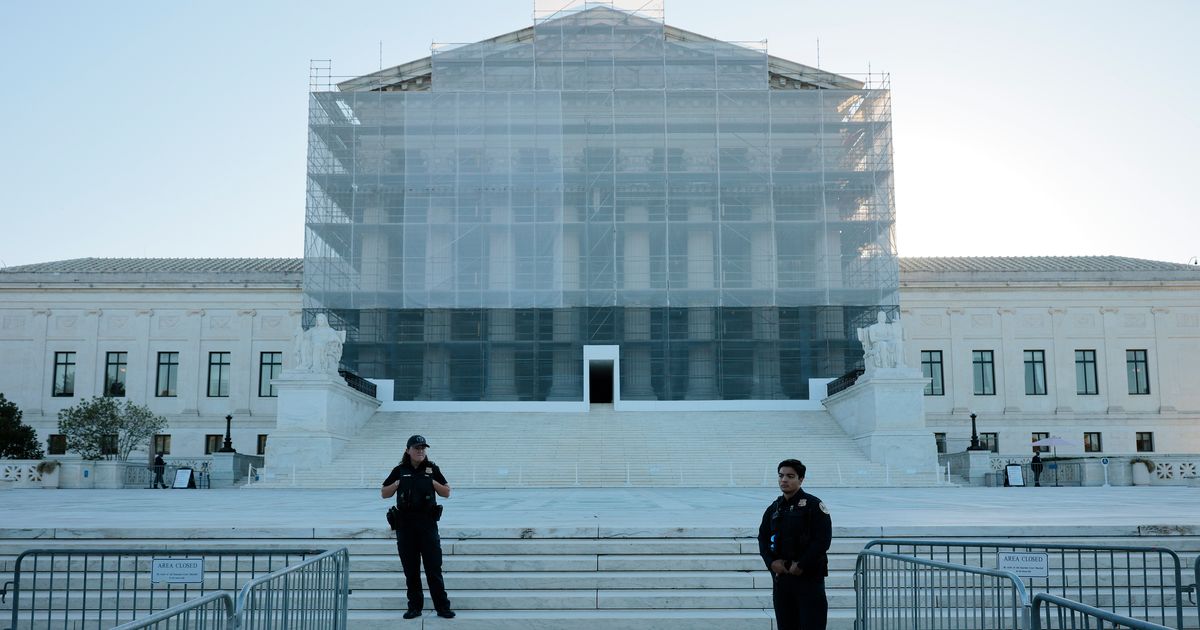
"It's hard to keep up with, much less unravel, the many legal cases aimed at reining in Donald Trump's assertions of virtually unlimited presidential power. But there's one case pending at the U.S. Supreme Court right now that Georgetown University law professor Steve Vladeck calls a "make-or-break moment" for the Court."
"Political opposition is not rebellion. A protest does not become a rebellion merely because the protestors advocate for myriad legal or policy changes, are well organized, call for significant changes to the structure of the U.S. government, use civil disobedience as a form of protest, or exercise their Second Amendment right to carry firearms as the law currently allows."
"From a legal point of view, the key contention of the Seventh Circuit panel was to deny that the president has the exclusive and un-reviewable discretion to decide when circumstances warrant Guard deployments. And that's what the administration wants the Supreme Court to overrule, making Trump the unquestionable finder of fact in situations where he wants to flex military muscle to crush opposition to his policies, as Vladeck interprets his plea to the Court for an emergency intervention:"
The Trump administration filed an emergency petition with the U.S. Supreme Court to overturn lower-court determinations that the president failed to justify deploying federalized National Guard units from Illinois and Texas in response to protests against ICE tactics around Chicago. A three-judge Seventh Circuit panel ruled that political opposition is not rebellion and protests do not become rebellion merely because protesters organize, advocate legal or policy changes, use civil disobedience, or legally carry firearms. The panel denied that the president has exclusive, unreviewable discretion to decide when Guard deployments are warranted. The administration seeks Supreme Court review to restore broader presidential factual primacy for deployment decisions.
Read at Intelligencer
Unable to calculate read time
Collection
[
|
...
]